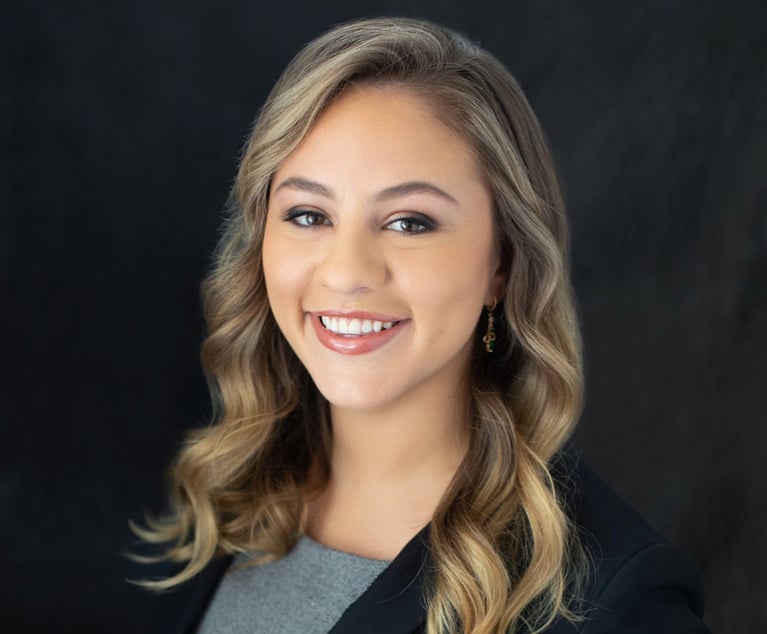The application of the 10-year statute of repose for construction defect lawsuits in Florida became a bit clearer recently after one of the state’s district courts of appeal found that the requisite pre-suit notice qualified as the commencement of an action under the state’s limitation period. Because the claimant began the mandatory pre-suit procedure under the state’s Chapter 558 statute by delivering the pre-suit notice to the defendant before the 10-year period lapsed, the court ruled that the claim meets the standard for having commenced an action under the statute of repose for defect litigation.
Florida law provides a four-year statute of limitations for lawsuits founded on construction defects, but in cases of latent defects, the four-year period runs from the time the defect is discovered or should have been discovered. Florida law also provides for a 10-year statute of repose, which requires that any action founded on the design, planning or construction of an improvement to real property must be commenced within 10 years, regardless of whether the construction defect was latent. Florida’s Chapter 558 requires pre-suit notice and compliance with other pre-suit procedural requirements before filing a lawsuit alleging construction defects.


 Georg Ketelhohn, Shareholder, Siegfried, Rivera, Hyman, Lerner, De La Torre, Mars & Sobel, Coral Gables
Georg Ketelhohn, Shareholder, Siegfried, Rivera, Hyman, Lerner, De La Torre, Mars & Sobel, Coral Gables




